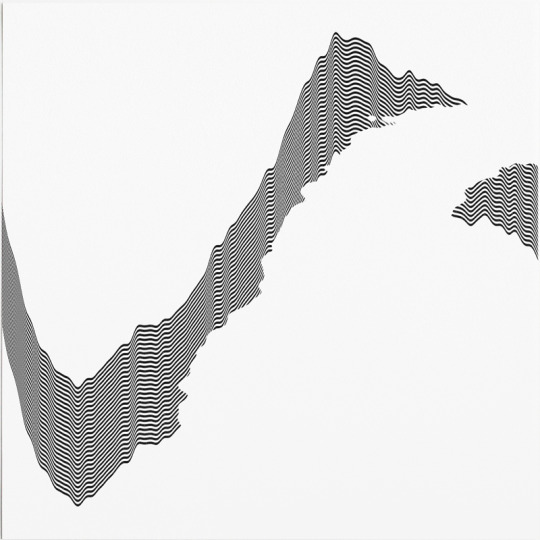Narratives work. They makes sense, and more importantly, they make other things make sense. They are more than a telling of events; they are a way of framing those events. We want the story understood and felt a certain way, so we tell it a certain way, cast certain characters a certain way.
Despite that -- or perhaps because of it -- they are simple. Characters are not just cast; they are miscast, colored black or white, void of nuance.
I was reminded of this, following game 1 of the NBA finals last night. The Miami Heat are a villainous cast, LeBron James the most damnable of the lot. Dallas is composed of aging veterans, never haves and never wills, who still just might.
These are the stories as they are written. But they are simple -- too simple -- attempts to create drama where the game itself is somehow not enough.
I bring this up now, because they finals are now, and thus it makes a convenient time to address the issue of perceived villainy. In the coffee world, this can only refer to Starbucks. They are the Heat, in this context, the big money monolith that does things wrong, but sits at the top nonetheless.
This is an easy story to tell. You can hate the sameness of the lobby, the omnipresent green apron and Pike's Place roast. You can hate the tall/grande/venti sizes, and wonder why exactly a caramel machiatto is named as it is. Most of all, you can hate just how many there are, the perception that they crush competition that is trying to win "the right way".
It's an easy story to tell, and perhaps even easier to accept. But it's wrong nonetheless. Success of one entity might defeat a smaller one, might seem Goliath with no viable David. In the micro, this seems unfair, and worse, disastrous for variety. The Heat will ruin basketball; Starbucks will make bitter the coffee world.
But perspective, a glimpse at the macro, gives a different view. The Heat will not ruin basketball, and have certainly not done so already. Quite the opposite is in fact true. The NBA regular season hadn't seen the level of interest this season generated sense Michael Jordan's prime. The postseason is must see TV, conversation fodder for even non-sports fans.
Starbucks is the same. They are the gateway drug for the non-fan. Those high school students might switch from Rockstar energy drinks to Starbucks' frappuccinos, but would never touch black coffee from a third wave roaster. First of all, they wouldn't have access. Starbucks is everywhere, and because of this, they bring coffee everywhere. They proselytize and spread the message. Most will never become zealots, will be content to go to church on holidays and leave their bible untouched on the shelf. But there will be those who adopt the creed with vigor, who seek out the small local places.






